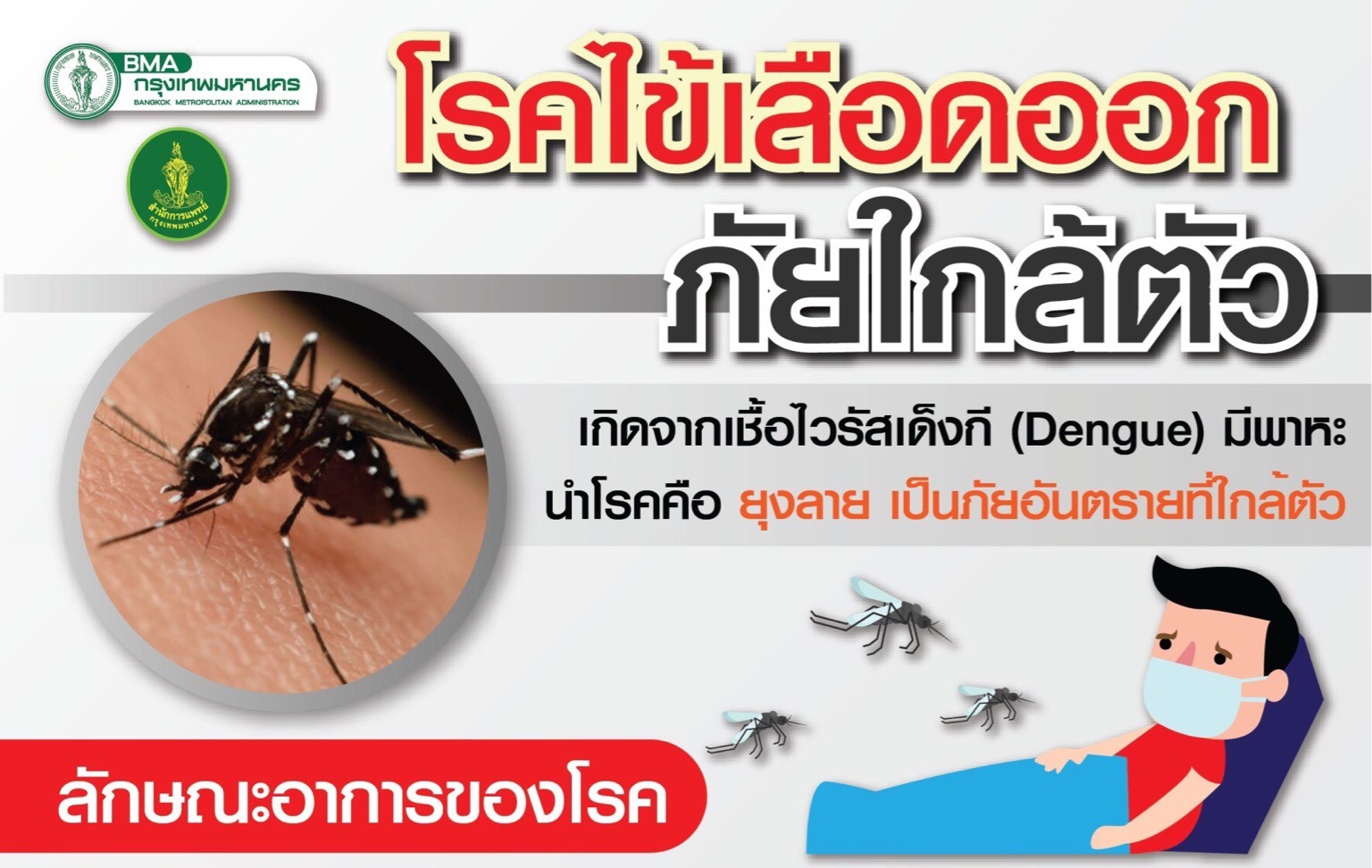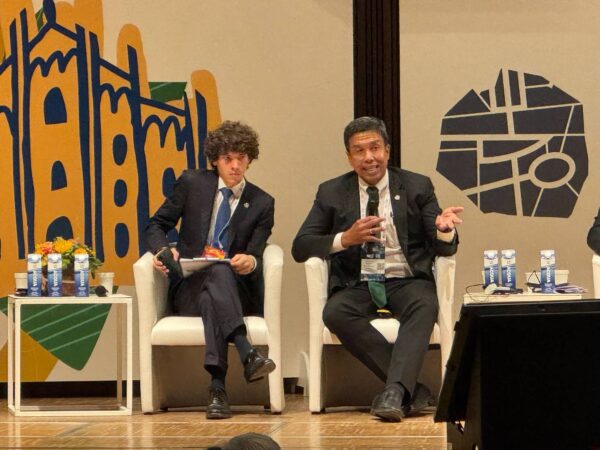
The Bangkok Metropolitan Administration (BMA) is accelerating efforts to prevent the spread of dengue fever – a mosquito-borne virus – throughout the capital, BMA spokesman Aekvarunyoo Amrapala said on Wednesday.
Preventive measures to contain the spread of the virus – which has four distinct serotypes – include enhanced management of sanitation in slum communities, elimination of sites where mosquitos that transmit the virus lay eggs (in stagnant water), and dispatching health officials to check on patients who may have been infected with virus in their communities to provide early treatment.
The BMA also holds weekly cleaning events in communities to eliminate places where the mosquito larvae grow, including puddles, water jars, and unused containers.
Aekvarunyo said BMA officials and community members have been monitoring residences, schools, temples, government offices and public venues to eliminate sites where mosquitoes can lay eggs. The BMA is also providing Temephos sand, which can kill mosquito larvae, that can be added to still water in households.
The BMA’s Health Department is also working with private-sector partners to organise its “Guarding Schools against Dengue Fever” activities at schools located in areas that reported high rates of dengue fever. The activity aims to educate teachers and students about how to prevent being infected with the virus at school and at home.
Mosquitoes that spread dengue are most active in the morning and late afternoon, travel short distances and have adapted to manmade environments. They lay eggs in plastic containers containing water or tires, for example.
The BMA is also urging city residents to be alert to symptoms of dengue fever, especially among children, because they are less likely to have immunity to the four serotypes of the virus. All public health units in the city are on alert for an outbreak during the rainy season and are providing training for health officials and volunteers to handle a spike in cases.
The Department of Disease Control has reported that more than 27,000 people in Thailand have contracted dengue fever during the first half of this year and that 33 of them have died. In June, between 1,500 and 2,400 people had dengue fever and three dengue patients died.
Health officials urge anyone who has symptoms of dengue (fever, headache, aching joints, bleeding gums or skin rash) to get immediate medical assistance because the disease is easier to treat in its earliest stage.




